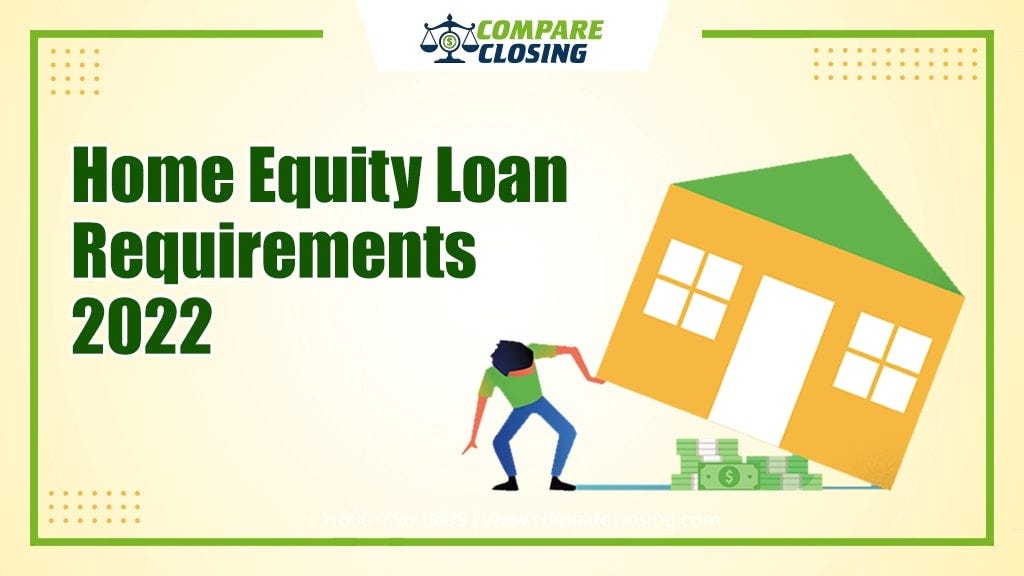
Home Equity Loan Requirements 2022
Your home’s equity is one of the biggest sources of money that you have. And one of the ways to access that money is through a home equity loan.
Many people are not aware of the home equity loan and how they can get one. In this post, we will learn what the home equity loan requirements are.
What Is A Home equity Loan?
A home equity loan is basically a loan that you can get against your part of a share in your home which is called equity.
Equity is your share of the property after subtracting your mortgage or any other liens that you have on your property.
Home Equity Loan Requirements Or How To Get A Home Equity Loan
Conclusion
The biggest problem with people getting a home equity loan is using it improperly. You might want to opt for a home equity loan if you really need it and you have planned your way to pay it off.
Some of the good reasons why people go for home equity loans are to remodel their home, which adds value to their property, pay off high-interest credit cards, and pay for tuition for higher studies.
Many experts suggest that a home equity loan is one of the best financial tools if used wisely.
Even if you qualify according to the home equity loan requirements, and get the loan, failing to make the payments on time could result in you losing your house.
https://www.compareclosing.com/blog/home-equity-loan-requirements-for-2022/
Comments
Post a Comment